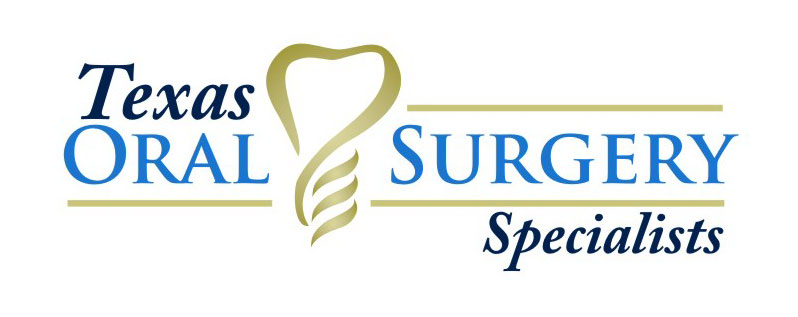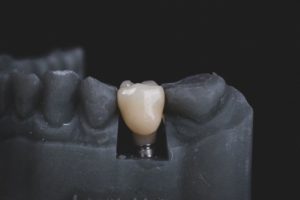Once the tooth fairy stops visiting, losing teeth isn’t as fun. The chances are that if you’re experiencing tooth loss as an adult, you have been suffering from oral health problems for some time. Ignoring missing teeth can make dental problems worse. Aside from aesthetics, here are the top reasons why you should visit an oral surgeon (like Dr. Chris Tye of Texas Oral Surgery Specialists) for implants (dental) after tooth loss:
Bone Loss
An unexpected consequence of tooth loss is bone loss. Tooth roots and jawbones have a symbiotic relationship. As the jawbone holds teeth in place, the tooth roots keep the jawbone healthy. Unfortunately, this healthy relationship ceases to exist when tooth loss occurs. When a tooth is removed from its socket, the tooth root can no longer stimulate the jawbone.
Furthermore, this bone loss can create a domino effect on adjacent teeth. If you wait too long to replace your missing teeth with implants (dental), neighboring teeth can also lose support, perpetuating the tooth loss problem.
Dental implants help prevent this problem. They are the only tooth replacement apparatus that closely mimic natural tooth roots.
Chewing Challenges
Typically, the molars are responsible for the majority of mastication actions. So, what happens if you’re missing some molars? Well, you might notice that chewing your favorite foods becomes difficult. Additionally, you might notice that the gaps in your smile trap food, which can feel uncomfortable and smell terrible.
Even if you can’t see them when you smile, dental implant-supported restorations in the back of the mouth can make it easy to enjoy square meals and snacks again.
Infection
Did you know that periodontal disease (a severe gum infection) is the leading cause of tooth loss? Strangely, tooth loss can trigger gum infections, eventually leading to periodontal disease and more missing teeth.
The human mouth is a warm, moist place, making it the perfect breeding ground for bacteria. After a tooth falls out, there’s an exposed wound in the gum tissue (that can quickly become infected).
Teeth Shifting
Generally, teeth are positioned very closely. But when you lose a tooth, you’re left with ample space between two teeth. Even though you might not realize it at first, teeth naturally tend to fill in this gap and will eventually begin shifting. When one tooth begins to lean, a chain reaction in your alignment commences. Over time, the remaining teeth will lean to fit into the vacant space (and so on).
Before you realize it, your once straight teeth are crooked. Some patients believe misalignment is solely an aesthetic issue, but this is false. Misaligned teeth are harder to clean, and improper oral hygiene is linked to tooth decay and (you guessed it) more tooth loss. Additionally, misalignment can trigger painful TMJ disorder.
Avoid teeth shifting, and proactively talk to your local oral surgeon about dental implant surgery as soon as you realize one of your teeth feels loose.
Implants (Dental) in DFW
Should you choose dental bridges, dentures, or dental implants? While many proven tooth replacement options exist, one method rises above the rest and stands the test of time: implants (dental).
Contact Dr. Tye of Texas Oral Surgery Specialists if you’re interested in learning more about the importance of replacing missing teeth. Call 817-552-3223 or message us online right now.



